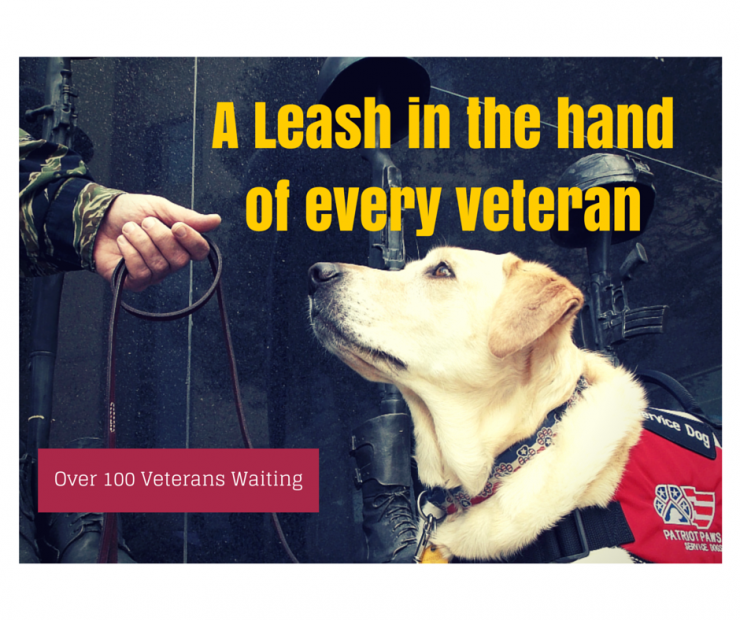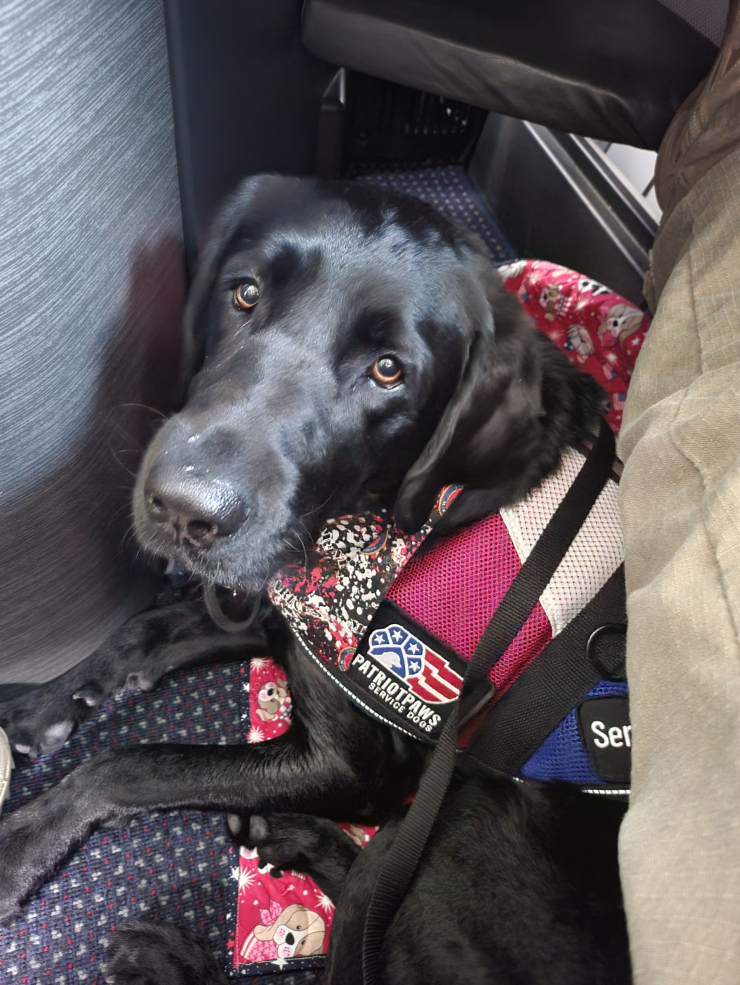
Smoke filled the truck, a dense black cloud that blocked out everything except the glow of the flames flickering all around him.
He squeezed his eyes shut, trying to recall what had happened before the explosion. Fragmented scenes filled his memory.

A loan car traveling toward their Obstacle Clearing Detachment (OCD), and getting too close. Jeremy and his fellow Marines waving the driver off, but the car continuing to come closer and closer. A man dressed all in white, sitting behind the wheel. Then a flash of light. Then darkness.
The reality of the explosion hit him all over again.

Jeremy opened his eyes and looked to his left, where he saw the driver slumped over the steering wheel. He reached over to open his door and pushed his friend through it, but the new airflow caused the fire to flame up so much that Jeremy couldn’t get through the door to follow him.
Jeremy turned to his side and reached for the door handle nearest him, but it was on fire, and he couldn’t get to it. As the gunner, he was wearing Nomex, an inherently heat and flame-resistant fabric, which likely saved him from immediate death. But the fire still burned hot. The burns still came.
With both doors inaccessible, he tried to climb out the top of the truck, reaching out with his right hand. It was only then that he noticed his arm had been blown nearly completely open, exposing the bone and nerves. His gaze shifted to his left hand, which was trembling and burned beyond recognition.
Somehow, Jeremy climbed out of the wreckage. To this day, no one is sure how. Once he was back on the ground, a new horror awaited him.

“I was being dragged away, and all they kept saying was, ‘He’s dead, leave him. This one’s dead,’” Jeremy recalled. “But I looked up at them and said, ‘I’m not dead, motherf–er.’”
As the crew started working on him, Jeremy tried to push them away, telling them to work on the other guys in his unit first. But then, he started to struggle to breathe.
“I don’t know if you’ve ever had a chest decompression, but if you’ve never had it done…don’t,” he warned.
A chest decompression is reserved only for patients in critical condition with rapid deterioration who have a life-threatening tension pneumothorax (air in the chest cavity). In the combat setting, tension pneumothorax is the second leading cause of death, and often it is preventable.

They counted down a few ribs and shoved a massive needle into his chest, turning a valve to let out the air so Jeremy could breathe again. It was excruciating, but it saved his life.
In the minutes after the bombing, they called the helicopters to medivac the wounded soldiers, and that’s when Jeremy realized, tragically, that he wasn’t in the worst condition.
His cousin, Jessie, was one of the most grievously wounded. The other was Marine Sgt. Tyler Ziegel, who survived but suffered serious injuries. His left arm was later amputated below the elbow, three fingers of his right hand were lost, and, in place of the thumb, a big toe was transplanted.

Ziegel became blind in one eye, and his ears, nose, and lips were burnt off. He also had shrapnel in his skull and a hole in the bone above the brow. Marine Sgt. Ziegel later died on December 26, 2012.

“Jessie survived but lost a leg and had severe burns,” Jeremy told us. “Eventually, he did recover from his injuries that day. He’s still an asshole…but he’s my asshole.”
As for Jeremy, he wasn’t out of the woods yet, either. The three of them – Jeremy, Tyler, and Jessie – were in such bad condition that they were flown to a field hospital for emergency surgery. Later, they were transferred to a hospital in Ramadi, then to Germany, and finally, to the burn unit at the Brooke Army Medical Center near Fort Sam Houston, Texas.

Jeremy spent 27 days in that hospital, but his full recovery took closer to 3-4 years. He still has no feeling in his right hand, which causes a myriad of concerns, not the least of which is cooking near a hot burner. (“If you’re wondering, human skin smells like bacon. You’ll know pretty quickly that your hand is starting to cook, even if you can’t feel it.”)
He’s endured limb reconstruction on his right arm, skin grafts on the left for third-degree burns, holes punched through both legs (nicking one femoral artery), broken ribs, three fractured vertebrates, a traumatic brain injury, and PTSD.
After years of recovery, he has most of his motor functions back. But once the Marines retired him, he still felt like he had so much more to give. So Jeremy did what he was used to doing – he got back to serving others, joining the local fire and rescue department and running mostly EMT calls.

He also found an incredible full-time job as a turbine engineer with GE, a company that actively hires Veterans like Jeremy.
Unfortunately, the impact of that tragedy in Iraq would continue to follow him.

“I have struggled with panic attacks since I was hit,” Jeremy explained. “It’s hard to explain it in words, but essentially, you feel like you’re having a heart attack, or a deep and real sense of impending doom. My heart rate will hit 200 BPM, usually requiring a visit to the ER for medical intervention along with long-term psychiatric care.”
He knew this was something he couldn’t handle alone, and pretty quickly, he started researching service dogs through Patriot Paws, an incredible organization that trains and provides service dogs of the highest quality at no cost to disabled American Veterans and others with mobile disabilities.

After sitting on a two-year-long waitlist, Jeremy finally received the call that he would be placed with his service animal, Chopper, on October 1, 2022.

It required a two-week course, plus another two weeks of bonding time with the dog. He would miss a full month of work and would need to purchase flights from Hawaii to the training center in Dallas, plus a kennel, home equipment for the dog to better assist him, and other miscellaneous expenses.

And even though it caused a heavy financial burden, Jeremy purchased everything on his own, putting him in a decent-sized hole that would take years to get out of.
This is where the story could have ended had it not been for the fact that Jeremy is a long-time Chiver and knew of the work Chive Charities does to support Veterans, first responders, military families, and rare medical individuals. In fact, he’s been an active donor of ours for years.

On a whim, he decided to apply to see if we might be able to help cover some of the costs of his service dog travel expenses, but even then, he was thinking about others. His application read, in part:
“I don’t want to take anything from anyone else, though. I know there are probably folks out there who are more in need, but keep me in mind if there isn’t a better candidate. I would also like to donate anything above what I would need either back to you all or to Patriot Paws, the folks giving me a dog.”
We shook our heads in awe as we read Jeremy’s application. Here was an incredible war hero who nearly sacrificed everything in service to our country and he was still uncertain if he deserved the help. Let’s be clear, for the record. He deserves whatever he needs. All of our Veterans do.

We unanimously agreed to fund Jeremy’s grant request, not just because of his awe-inspiring time in service, but because of his commitment to this community and what we stand for. He’s a Chiver – and Chivers help Chivers. You proved that with your donations, funding his travel expenses to get Chopper for a total impact of $3,544.
Chopper has been worth every minute of the wait, every cent of the expense. He calms Jeremy during panic attacks and lays a gentle head on his chest when he senses Jeremy’s blood pressure or heart rate is rising and provides the comfort and support Jeremy needs to keep moving forward.

Jeremy was also clear that getting Chopper would have been exceptionally more difficult had it not been for GE and their willingness to support him with his medically-related need. His manager, Tyrone, did all he could to streamline the process, often calling to check in on Jeremy not only as an employee, but as a person he cared about. Our heartfelt thanks to people like Tyrone and organizations like GE who put action behind their words.
And perhaps more importantly, our heartfelt thanks to people like you reading stories like this.

Jeremy is a hero. It’s simple. He shouldn’t need to ask anyone for help, but that’s the reality of the situation. Thankfully, he’s part of a community used to standing behind the ones who need it most – standing with the ones who need it most.
Chivers helping Veterans. Chivers helping first responders, military families and rare medical diagnosees. Chivers helping Chivers. Become part of the movement and DONATE HERE.










































-3__small.jpg)












































































































__small.jpg)










__small.jpg)






















































































_with_flag,_jason__emily_rowley-4__small.jpg)

































































































































-2__small.jpg)



























































































































































